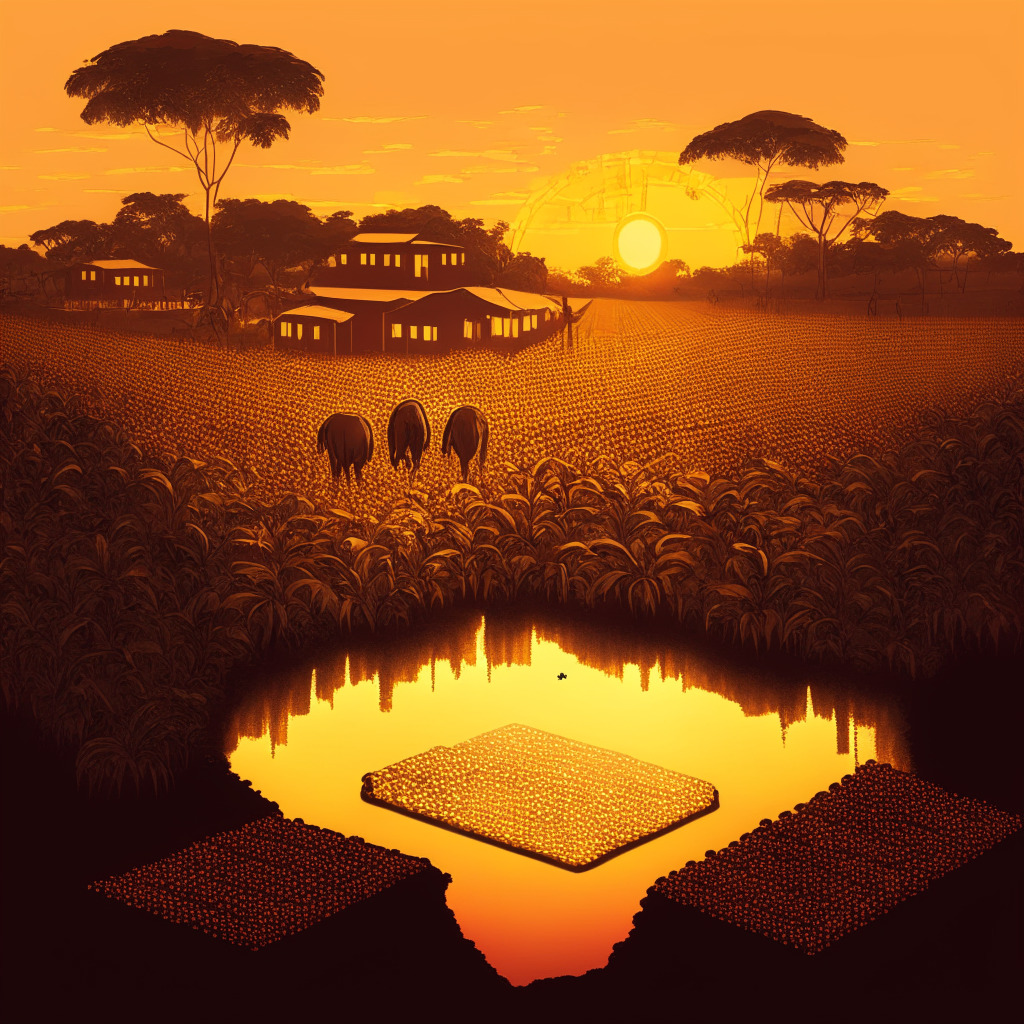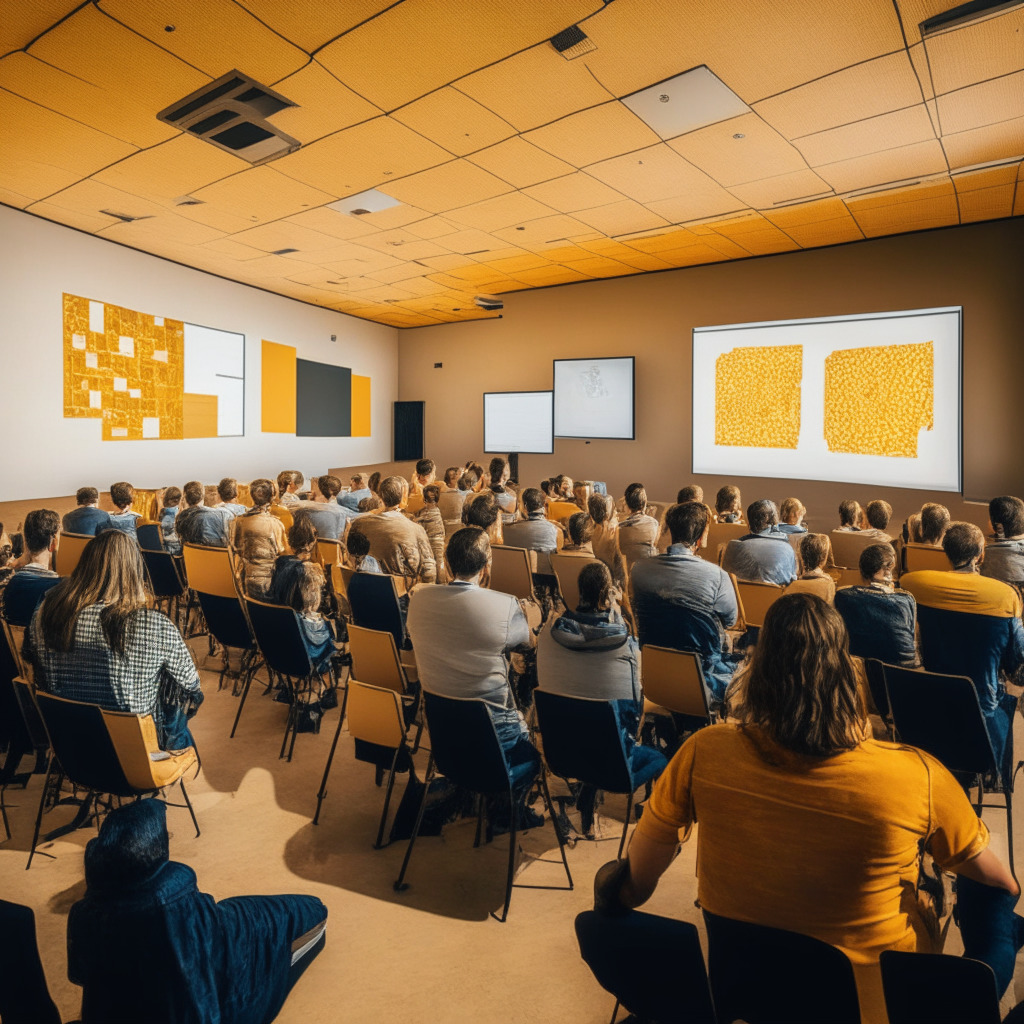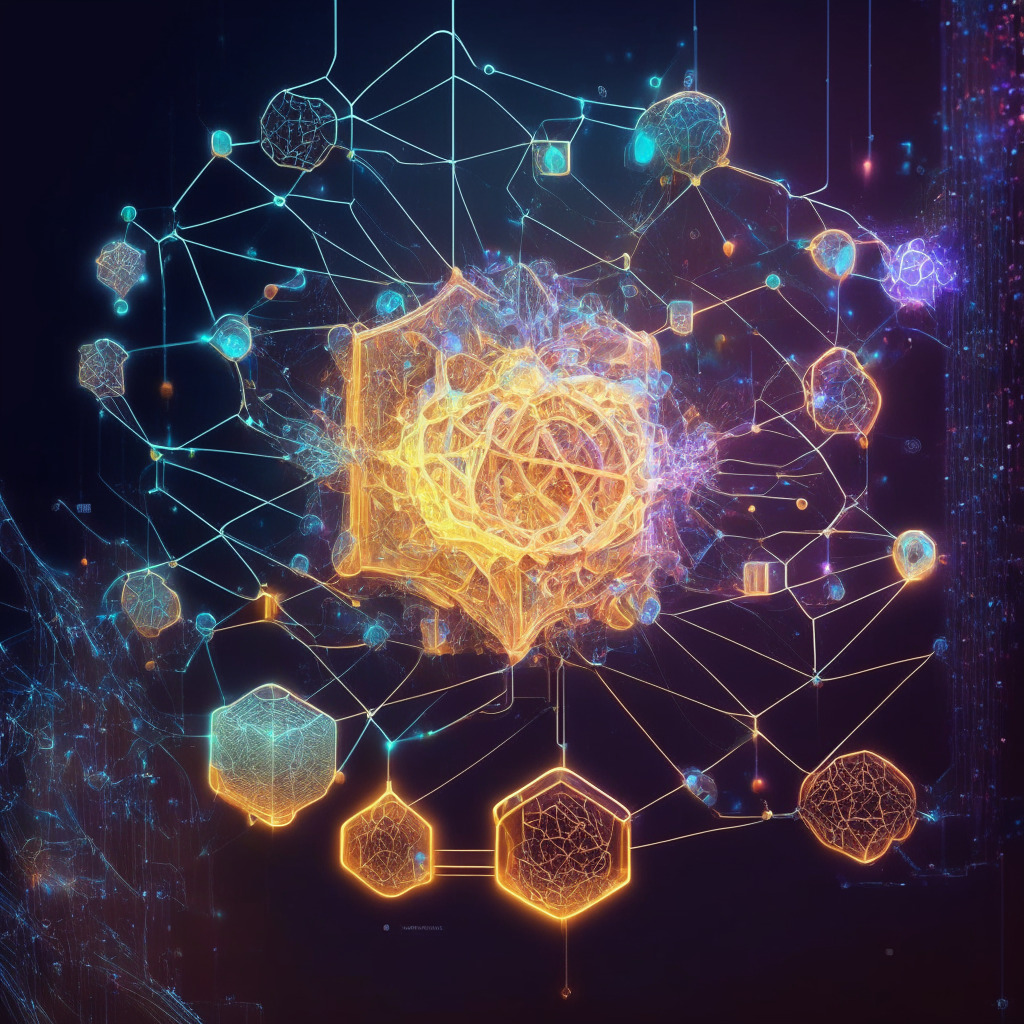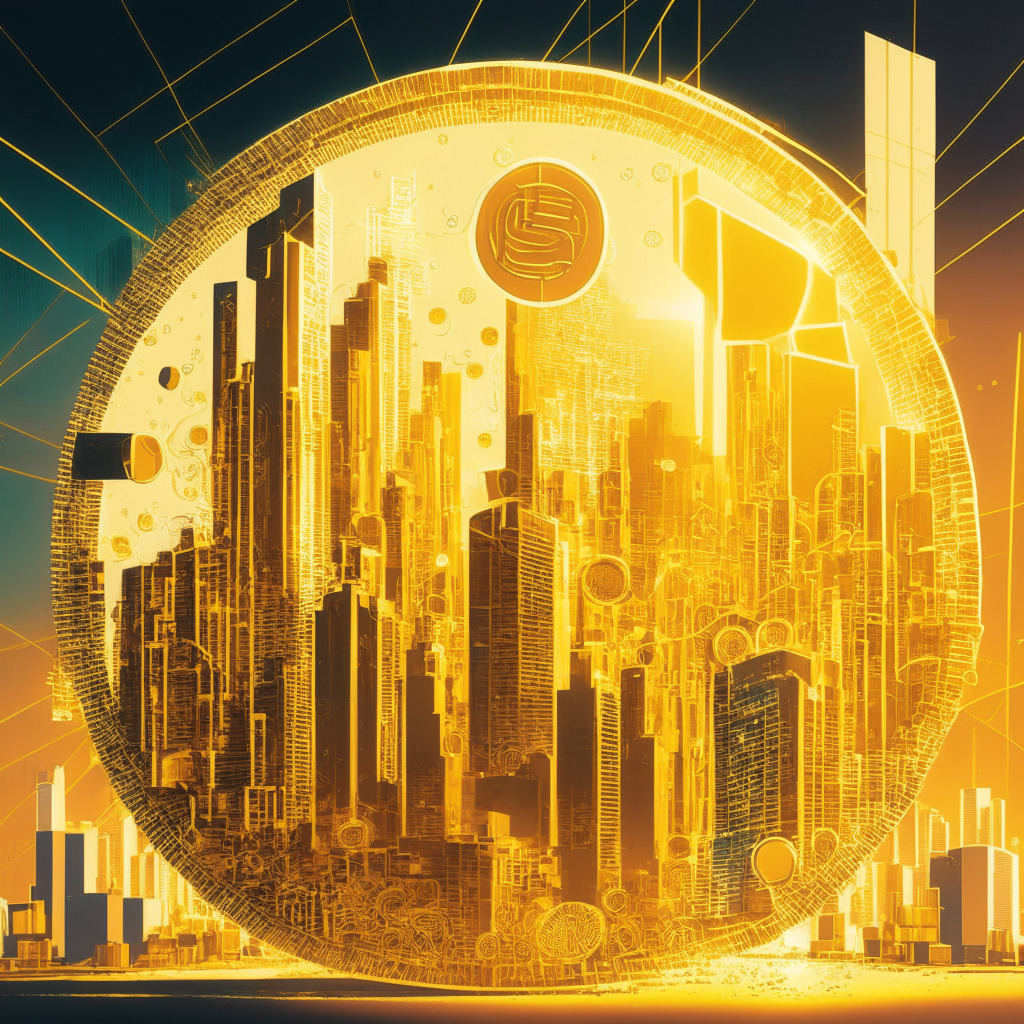In my earlier years, meandering through Ghana’s abundant cocoa farms alongside my grandfather, a military man turned farmer, got me thinking. Could the tokenization of commodities, a by-product of the digital age, transform the scenario for cocoa farmers and, in turn, the economy of many African nations, including Ghana and Botswana?
Rewinding back to the past, one cannot overlook Africa’s vast agricultural and mineral wealth and how it struggles amidst restricting global market accessibility, unfavourable trading conditions, transactional opacity, and susceptibility to market manipulation. Such hurdles have significantly obstructed economic growth, resulting in a continent trapped in eternal poverty with citizens unable to realize their potential.
Ghana’s administration under President Nana Akufo-Addo illustrates the inadequacy of the current system. His government procured $3 billion in loans from the International Monetary Fund since 2017, which, although it filled the nation’s coffers momentarily, resulted in increased indebtedness. Akufo-Addo should have considered commodity tokenization – tokenizing Ghana’s key commodities like gold, cocoa, and oil through blockchain to create massive economic opportunities. To state a case, Ghana produced about 3.7 million ounces of gold, a record 689,000 tonnes of cocoa, and oil at a rate of 150,000 barrels per day in 2022. Considering current market prices, tokenization could significantly reduce transaction fees and amplify Ghana’s revenue.
The theory behind this is simple: Ghana could utilize its physical gold resources to back digital tokens, akin to the decentralized stablecoin DAI. Investors, especially those seeking a stable digital currency, may consider purchasing these tokens, backed by physical gold and recognised internationally as a digital currency. The outcome? New revenue avenues, enhanced trade volumes, and a move towards a dominating position in the digital frontier.
But there seems to be reluctance; is it a fear of releasing control over tranditional finance, or a lack of foresight? While Ghana aggrandizes taxation on its impoverished citizens, it baffles many as to why adopting and integrating crypto technologies in a regulatory framework hasn’t been a priority. Furthermore, international institutions like the World Bank have been slow to promote crypto tokenization and seemingly more interested in advancing loans over fostering environments encouraging technological self-sustainability.
Nevertheless, the beacon of blockchain technology continues to shine brightly promising to instill transparency and eliminate unfair intermediaries. Tokenization of commodities not only opens access to direct trade but also takes a firm stride towards self-reliance. By decentralizing the financial system, Ghana can increase its revenues and reduce its external debts while curbing neocolonial influences.
Tokenization could create new financial opportunities – Ghana could back DAI with its gold reserves, and Botswana could do the same with its diamond reserves. This could bring in a considerable revenue stream, enabling Ghana to sell not just its gold at international market rates, but also a tokenization premium and fee. If Ghana could provide a congenial regulatory environment for visionary crypto entrepreneurs, they could bring about an economic revolution that might permeate throughout the continent.
Source: Cointelegraph




